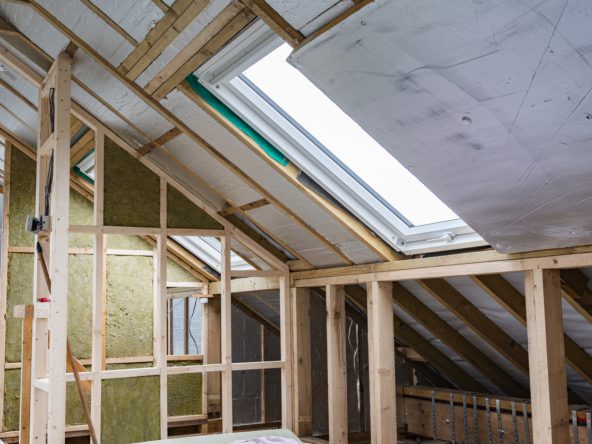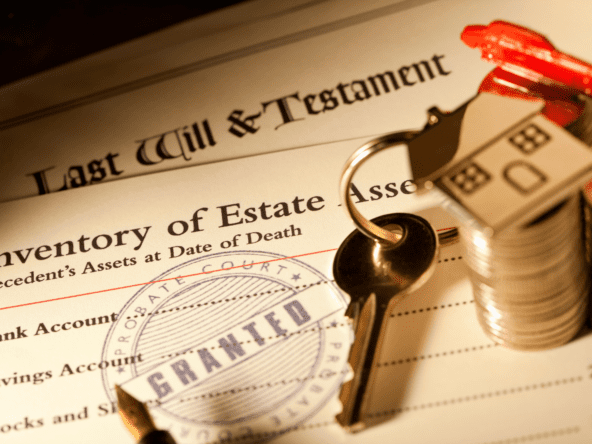Allow private Irish citizens to write off the entire cost of their investment property against income tax over a 25-year period. 2. Introduce a system similar to the American Section 1031 exchange, where a person does not have to pay capital gains tax if they sell their investment property and reinvest the funds within six months. 3. Allow private Irish citizens to write off 100% of the interest on their mortgage against income tax. 4. County Councils all over the country have huge amounts of vacant properties that could quite easily be converted into residential accommodation, so you need to force councils to sell those properties at reduced prices to individuals. (NOT CORPORATIONS). 5. Extend the living city initiative as it applies in various parts of Dublin City to every other city and town in the country. 6. Give tenants and landlords the right to appeal any adjudication by the RTB to the district court and make the adjudicators a compellable witness to explain their decision. 7. Reduce VAT on new build residential properties to 3% and reduced stamp duty on new builds to 0%. 8. Reduce the time limits for the granting of planning permissions in relation to residential properties at every single step in the process, and make councils and An Bord Pleanála stick to those limits 9. Only allow objections to planning applications for residential properties from people who are living in the immediate area and directly impacted by the planning application. 10. Introduce legislation that provides for building heights of 100m in the cities of Dublin, Cork, Limerick, Galway and Waterford.
I read with interest that there have been 3,000 notices of termination served by Irish residential landlords in the first six months of this year and 1,200 served in the last six months of 2021, which doesn’t really surprise me. The only surprise is that the figure is not much higher than that.
As you are aware, there is a huge crisis coming the down the tracks in the form of a pensions timebomb, because most Irish people, apart from civil servants, do not have a pension. Traditionally most of these people would have provided for their pension planning by investing in residential investment properties, and indeed most of them became accidental landlords when they traded up from their starter home to a larger home in order to accommodate their growing family.
The American Section 1031 Exchange is a tax break which allows you to sell a property (used for business and investment purposes) and swap it for a similar property for the same purpose, allowing you to defer capital gains tax on the sale.
This is beneficial to both the economy and the investor. It is beneficial for the investor as it allows them to be able to avoid paying of capital gains tax, but it is majorly beneficial to the economy as it keeps private landlords in the market.
County Councils all over the country have large amounts of vacant homes. According to the 2022 census there were 166,752 vacant homes in Ireland this year, 48,000 of which were also deemed vacant in 2016. The Government are currently forecasting the building of 33,000 housing units over the next year, (we think that we really need to be at 65,000). However, there is so much more we can do with regard to filling these vacant properties.
Already the government have introduced a grant for first-time homebuyers, to allow them to renovate any derelict property without the need for planning permission. These are positive steps but there is so much more that can be done.
Over 18% of the vacant homes in Ireland were reported vacant due to deceased home owners. One problem some people may have encountered if you have sold the property belonging to a dead relative, is how long you have to wait to have your grant of probate issued. Usually Grants of Probate take somewhere between 3 to 6 months. It normally takes between 6 to 16 weeks for a property conveyance to be completed. This means that a property could be vacant for a full year after a homeowner dies, or in a best case scenario you’re looking at the property being vacant for 6 months.
In order to avoid numerous and prolonged vacancies it is important to fix this problem and limit the time to no more than 1 month for a grant of probate.
Planning permission:
Planning permission has a big part to play in this housing crisis. There are two major problems that need to be fixed with regard to planning permission;
1. The lengths of time waiting for approval and
2. Objections.
Currently the average waiting time for planning permission approval is 8 weeks[i]. You must then give time for a cooling off period to allow for your neighbours to object. This can take from 9 – 16 weeks for straight forward applications. Complicated cases may take even longer.
With regards to objections, we believe that the only people who should be allowed to object are the people directly affected by the newbuild/extension. It is unfair that a neighbour on the other side of an estate who is out of view of the house is able to object to a small extension to your house. People who are immediate neighbours should be able to object. As long as the building doesn’t affect any water or electricity lines, there is no reason for any other neighbour to have a right to object.
Reduce VAT on New build residential properties to 3% and reduce stamp duty on new builds to 0%. To encourage developers.
Allowing private Irish citizens to write off the entire cost of their investment property against income tax is a superb way to encourage Irish citizens to enter the property market. We need to be able to create an incentive which can balance the amount of corporations owning property with the amount owned by Irish landlords.
Due to the proposed tax relief, we believe Irish landlords would have the money to be able to refurbish their properties and in return be able to generate a greater amount of competition between landlords.
Give tenants and landlords the right to appeal any adjudication by the RTB to the district court and that whichever adjudicator was assigned to the hearing would be a compellable witness.
Introduce legislation that provides for building heights of 100m in the cities of Dublin, Cork, Limerick, Galway and Waterford. There is no reason whatsoever why we can’t build increase building height. It is done with success in almost every major city in the world. There is no evidence to suggest this is unsafe or inefficient. We understand how out of sorts a skyscraper in the middle of Mullingar would look which is why we are only suggesting selected cities.
Extend the living city initiative to all of Ireland. The living city initiative is a tax relief system which allows property owners to claim relief for converting or refurbishing derelict properties in certain cities.
The Aim of the initiative is to reduce the number of derelict properties in big Irish cities and also to create residential properties in big Irish cities. This scheme should be extended to every town and village in Ireland and not just specific cities.
[i] Information, C. (2022). Citizens Information. Retrieved from here





